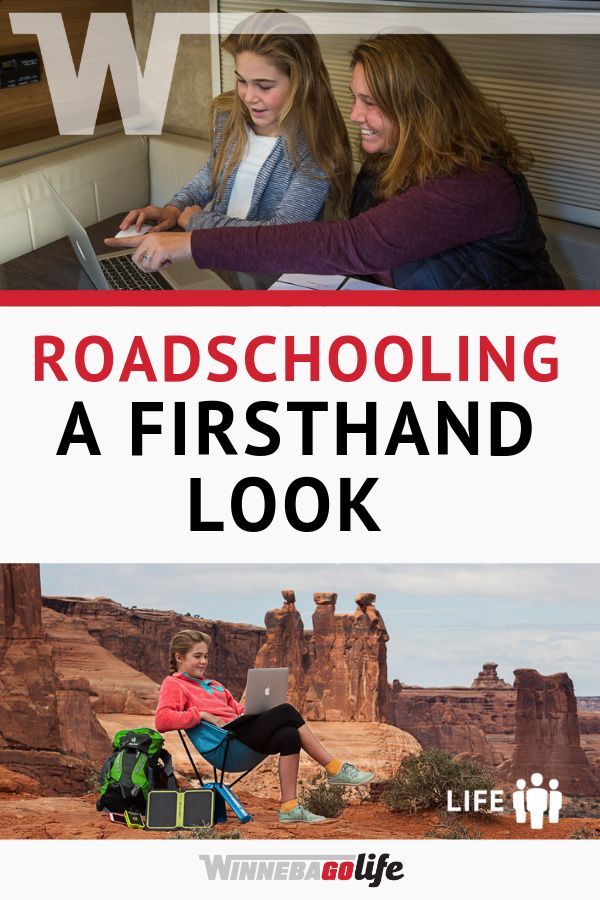Roadschooling Benefits: Exploring Education on the Open Road
Introduction:
Education is not confined to traditional classrooms anymore. As more families seek alternative schooling options, roadschooling has emerged as an exciting and flexible approach to education. Roadschooled children have the unique opportunity to learn while traveling, combining academic studies with real-world experiences. In this article, we will delve into the numerous benefits of roadschooling and explore why it is becoming an increasingly popular choice for families around the world.
1. Flexibility and Freedom:
One of the primary advantages of roadschooling is its flexibility. Unlike traditional schools, which adhere to rigid schedules and curriculums, roadschoolers have the freedom to design their own educational path. This allows parents to tailor lessons based on their child’s interests, learning style, and current location.
Whether exploring national parks or visiting historical sites, roadschooled children can immerse themselves in hands-on learning experiences that are difficult to replicate within a classroom setting. By incorporating these real-life encounters into their curriculum, students gain a deeper understanding of various subjects while fostering a love for lifelong learning.
2. Cultural Immersion:
Roadschooling provides ample opportunities for cultural immersion as families travel from one place to another. Experiencing different cultures firsthand enables children to develop empathy, broaden their perspectives, and appreciate diversity.
By engaging with locals in new surroundings, students enhance their social skills and become adept at adapting to unfamiliar environments. They learn how language varies across regions and witness diverse customs and traditions firsthand – lessons that cannot be replicated through textbooks alone.
3. Enhanced Family Bonding:
Another significant benefit of roadschooling is strengthened family bonds. When families embark on educational journeys together, they create lasting memories that foster strong relationships.
Parents play an active role in their child’s education during road trips by guiding them through lessons or sourcing local experts for specialized subjects such as art or music appreciation classes held virtually. This shared learning experience helps families grow closer as they navigate new challenges, celebrate achievements, and explore the world together.
4. Self-Direction and Independence:
Roadschooling encourages students to take ownership of their education by fostering self-direction and independence. Children learn to manage their time effectively, set goals, and prioritize tasks.
Through planning routes, researching destinations, and managing budgets, roadschooled children develop essential life skills such as problem-solving, critical thinking, and decision-making. These practical experiences equip them with a level of maturity that can be challenging to achieve within traditional classroom environments.
5. Emotional Resilience:
Traveling is not always smooth sailing; it brings its fair share of ups and downs. However, these challenges provide an opportunity for children to develop emotional resilience in a supportive environment.
Roadschoolers learn how to adapt quickly to changing circumstances while dealing with unfamiliar situations or unexpected setbacks on the road. They become adept at handling stressors while maintaining a positive attitude – valuable skills that will serve them well throughout their lives.
6. Experiential Learning:
One of the most significant advantages of roadschooling is experiential learning – gaining knowledge through direct experiences rather than solely relying on textbooks or lectures.
For instance, visiting historical landmarks enables students to witness history coming alive before their eyes. Walking through ancient ruins or standing where pivotal events occurred enhances comprehension far beyond what words on a page can convey.
Similarly, exploring ecosystems during nature hikes allows children to observe flora and fauna firsthand while grasping concepts related to biology or environmental science more profoundly. Such hands-on encounters make learning engaging and memorable for roadschooled students.
7. Academic Flexibility:
Roadschooling allows for academic flexibility in terms of pace and curriculum choices tailored specifically for each child’s needs.
If a student excels in mathematics but struggles with writing skills, parents can allocate additional time or resources accordingly without being confined by grade-level expectations prevalent in traditional schooling. This personalized approach helps foster a love for learning while ensuring that students reach their full academic potential.
8. Real-World Skills Development:
Roadschooling provides an excellent foundation for cultivating real-world skills crucial for success beyond academics. By actively engaging with the world around them, roadschooled children develop practical competencies that are highly sought after by employers and universities alike.
Skills such as adaptability, communication, problem-solving, and cultural competence are honed naturally through daily interactions and exposure to diverse environments during travels.
Conclusion:
Roadschooling offers a unique educational experience that combines academic knowledge with real-world experiences. From flexibility and freedom to cultural immersion and experiential learning, the benefits of roadschooling are abundant. By embracing this unconventional approach to education, families can provide their children with a well-rounded education that prepares them for a future filled with curiosity, resilience, independence, and lifelong learning.

Leave a comment